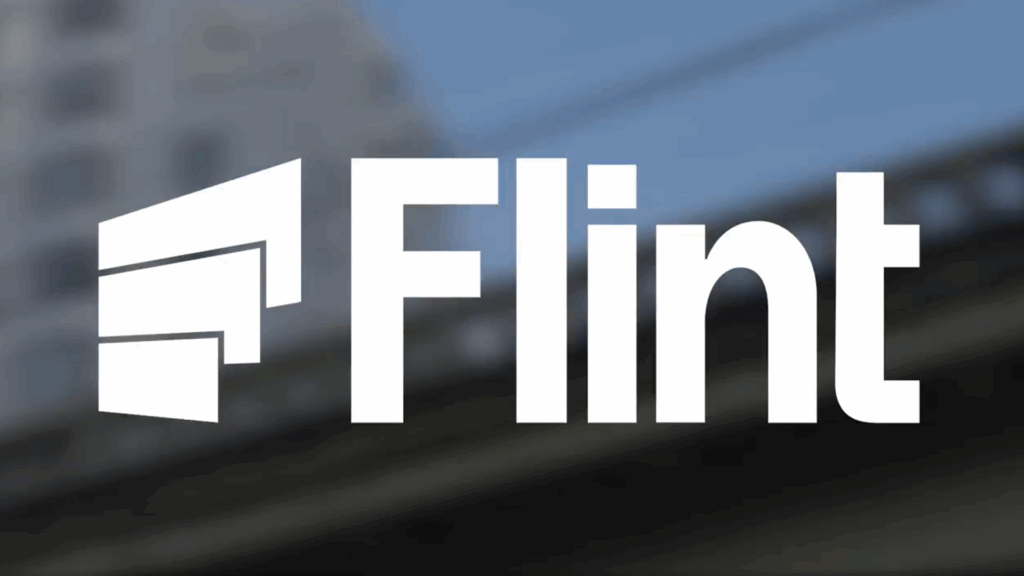- Flint claims its websites can generate and optimize themselves without human input
- Users upload a map and Flint automatically creates coded pages on live domains
- The startup has raised $5 million from Accel and Sheryl Sandberg’s foundation
A new startup has announced a plan to create fully autonomous websites that can “generate” their own pages and “optimize themselves” without human input.
Flint’s platform already runs live sites for companies like Cognition, Modal and Graphite, producing comparison pages, ad landing pages and AI-generated SEO content.
Users only need to upload a content outline and a link to their existing website for Flint to interpret the brand’s design system and automatically publish coded pages directly to their domain.
A new era of self-powered websites
“It’s time to kill the traditional website. We’re moving from a world of websites as static assets to one where they are autonomous agents. Your website is either autonomous or obsolete,” said Michelle Lim, co-founder and CEO of Flint.
Early numbers claim strong SEO rankings and faster ad conversions, though the data remains limited to company reporting.
Flint has raised $5 million in seed funding led by Accel, along with Sheryl Sandberg’s venture fund and Neo.
The funds will support expansion in applied AI and design engineering as the company moves beyond its stealth phase with a waiting list for its beta program.
Investors describe Flint as part of a new wave of digital infrastructure to keep pace with AI-driven changes in marketing and online discovery.
This blend of AI and website design points to a future where free and AI website builders evolve beyond static templates to systems capable of constant customization.
“The web is being disrupted by AI, and companies need to adapt their websites quickly if they want them to remain effective marketing and acquisition channels,” said Sheryl Sandberg, co-founder of Sandberg Bernthal Venture Partners.
“Flint is building the next generation of infrastructure that will solve this challenge, shaping visibility and online advertising for the AI generation.”
However, the long-term consequences remain unclear, particularly regarding how self-modifying websites might interact with search engines such as Google.
Flint’s vision is ambitious: websites that record competitor activity, change layouts based on visitor profiles, and even communicate directly with AI agents.
“Marketers are severely underserved by outdated tools. Flint finally gives them AI superpowers to compete,” said Dan Levine, partner at Accel.
Still, full autonomy in web systems can introduce challenges around control, transparency, and compliance with optimization standards.
The concept could also reshape how traditional free website builders and AI website builders work if it proves viable.
For now, Flint’s idea adds to a growing debate about the role of automation in website design, raising the question of whether the web can remain predictable as it begins to update itself.
Follow TechRadar on Google News and add us as a preferred source to get our expert news, reviews and opinions in your feeds. Be sure to click the Follow button!
And of course you can too follow TechRadar on TikTok for news, reviews, video unboxings, and get regular updates from us on WhatsApp also.



